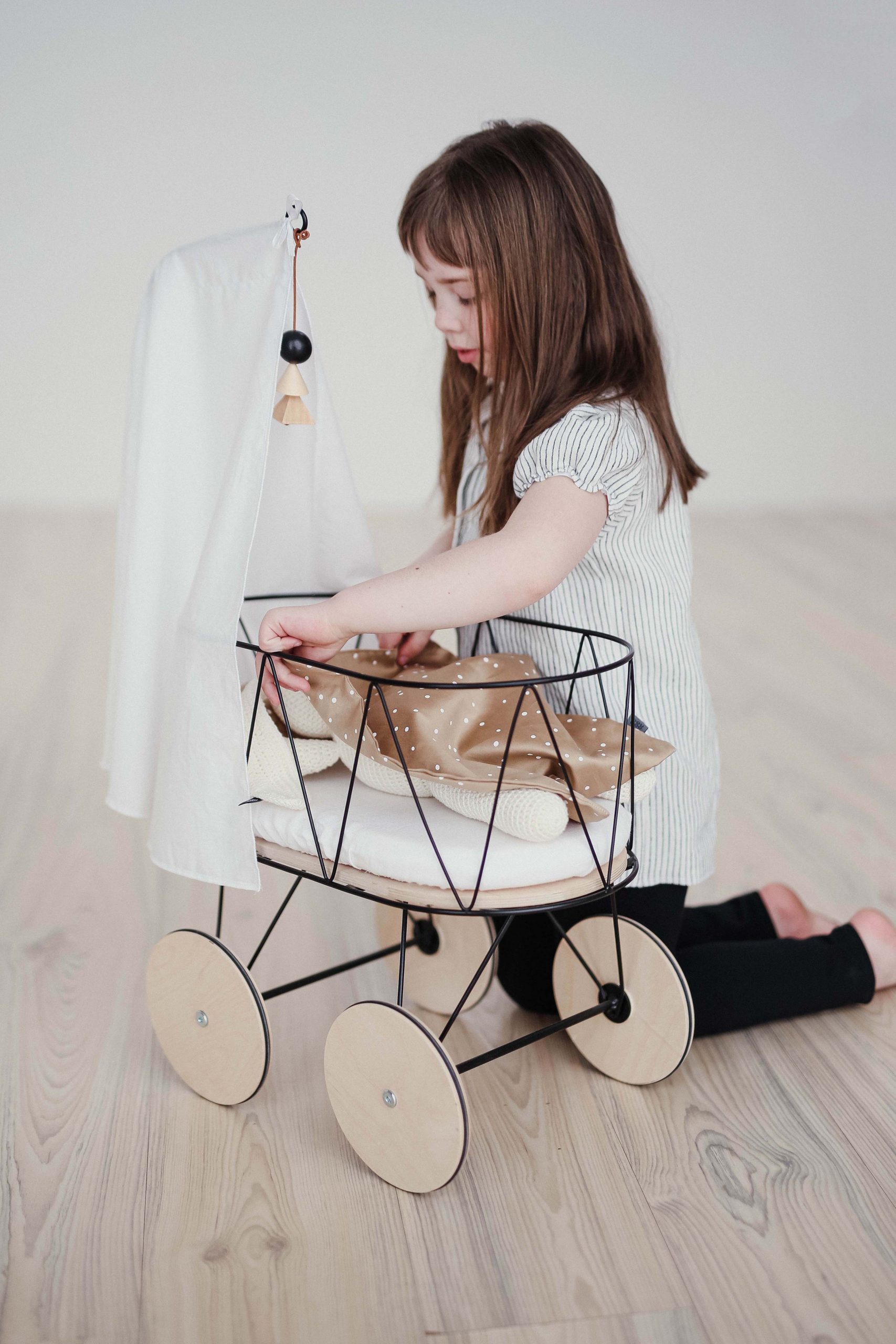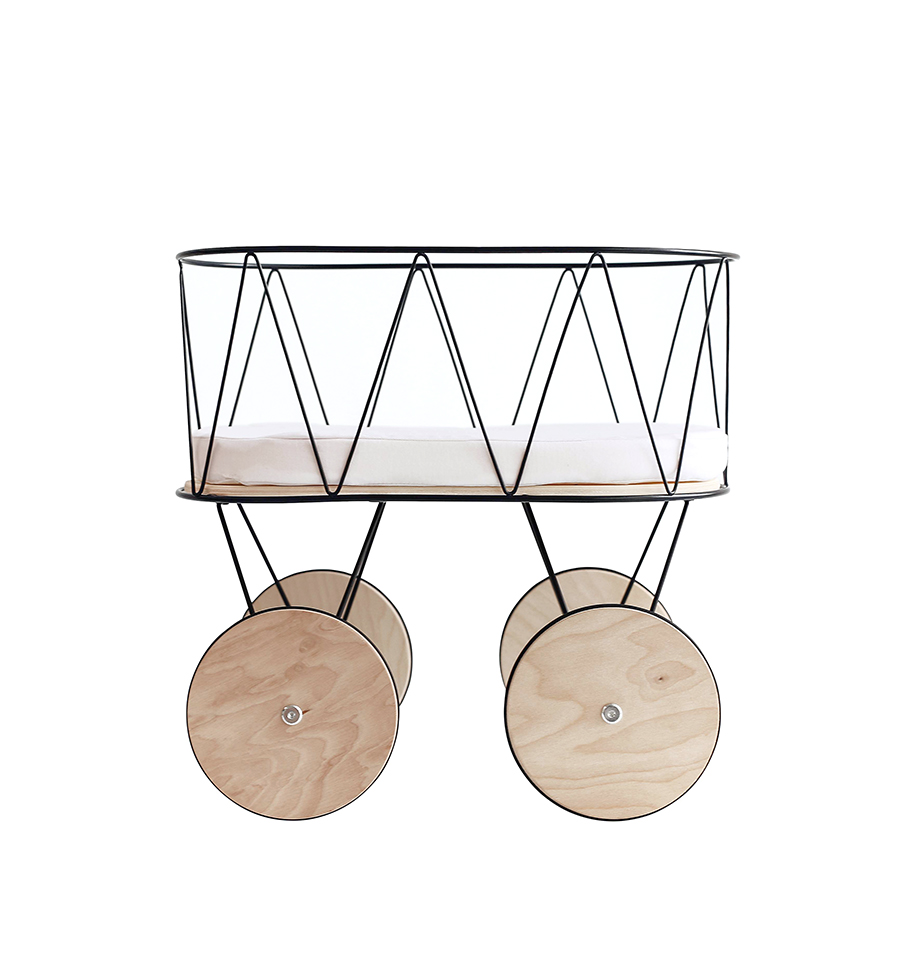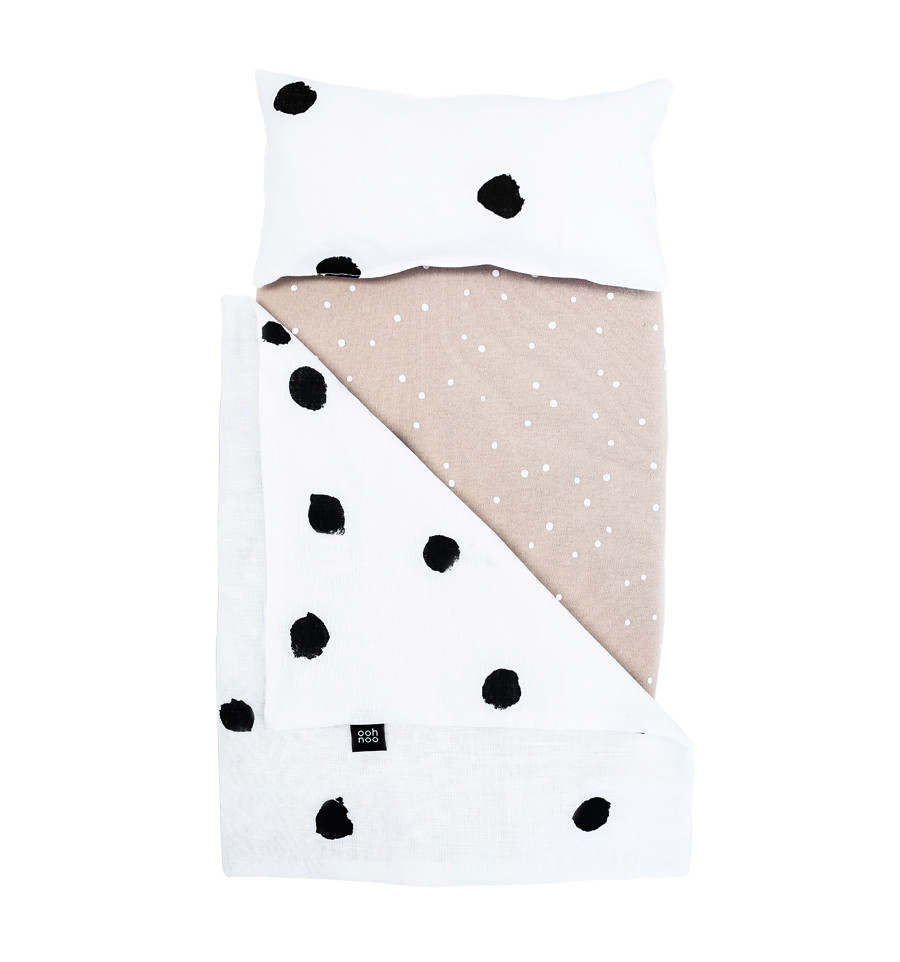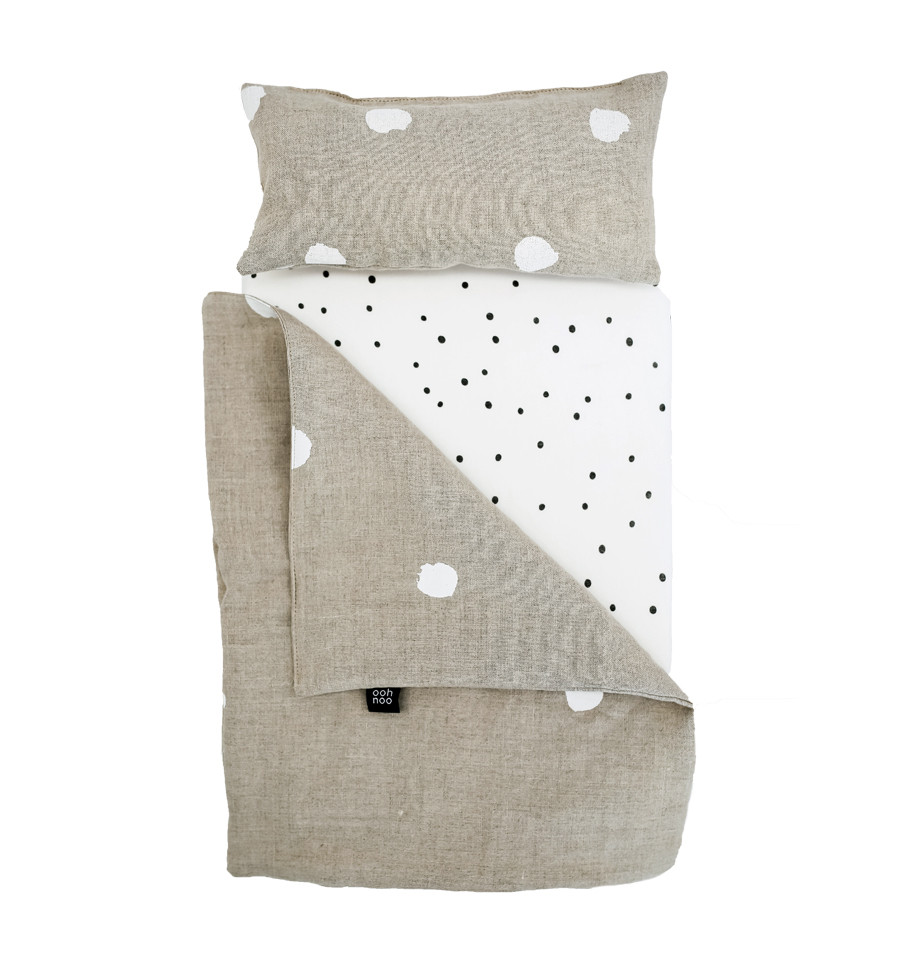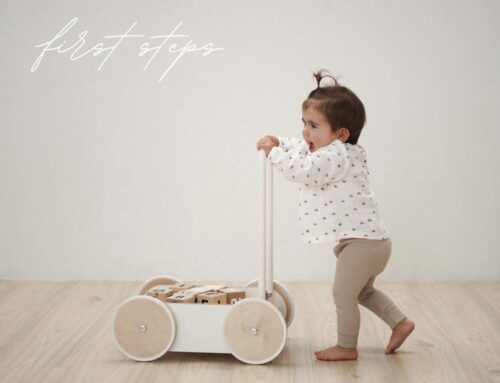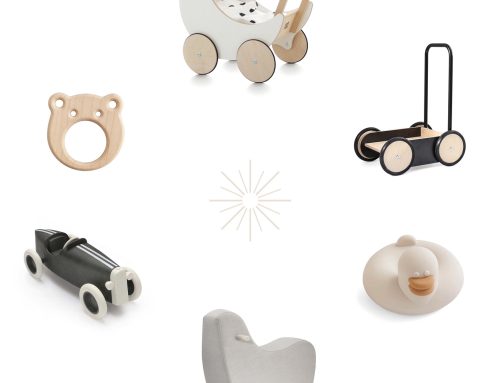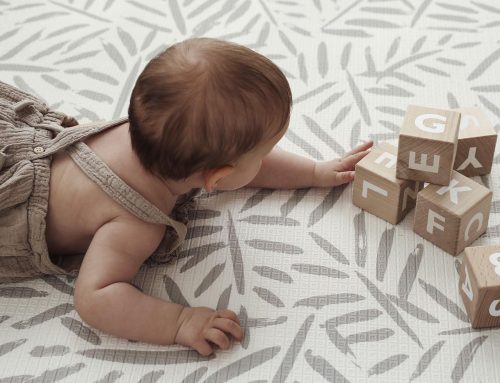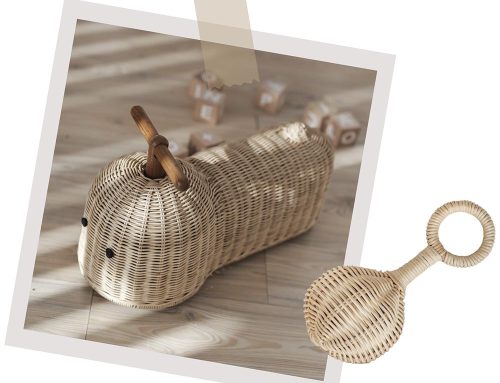Children learn best through play and other activities for which they are motivated. A child’s play is spontaneous and creative, important in itself, bringing satisfaction to the child. Children do not only enjoy in their play, but also obtain skills and knowledge through it.
Thus, in addition to bringing pleasure, a child’s play has a major effect on their social and moral development, emotional and cognitive development, development of their personality and motor skills.
Play is actually one of the most essential needs of every child and, moreover, a precondition for their healthy psychological and physical development.
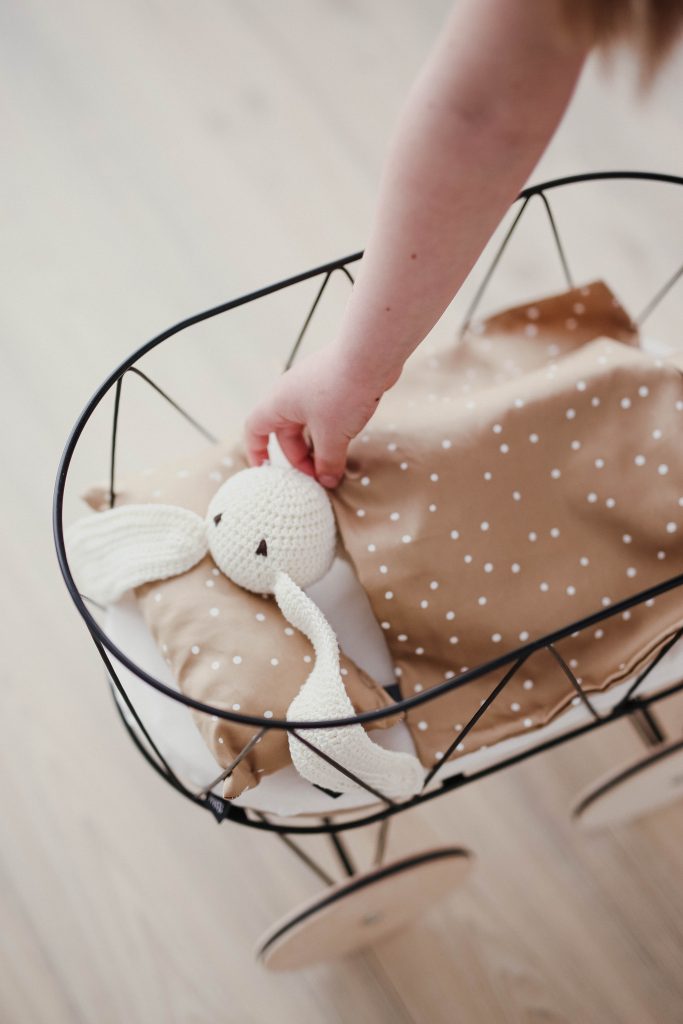
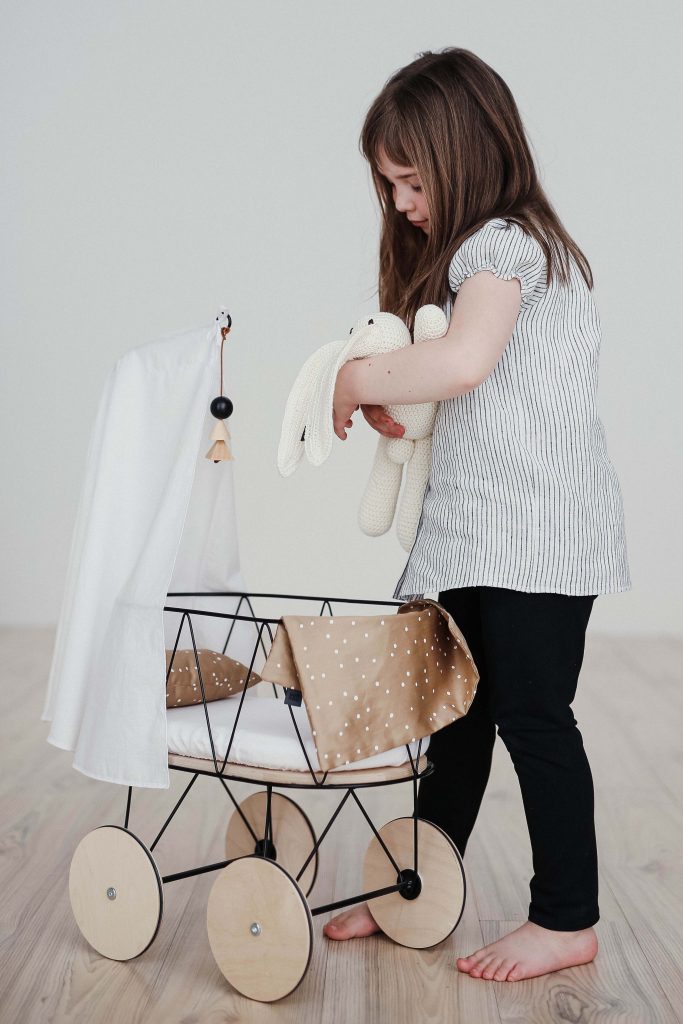
There are different types of play through which children develop and learn. One of them is symbolic play, which also includes role play. It is characteristic of this type of play that children imagine things, objects and situations that are not real or there.
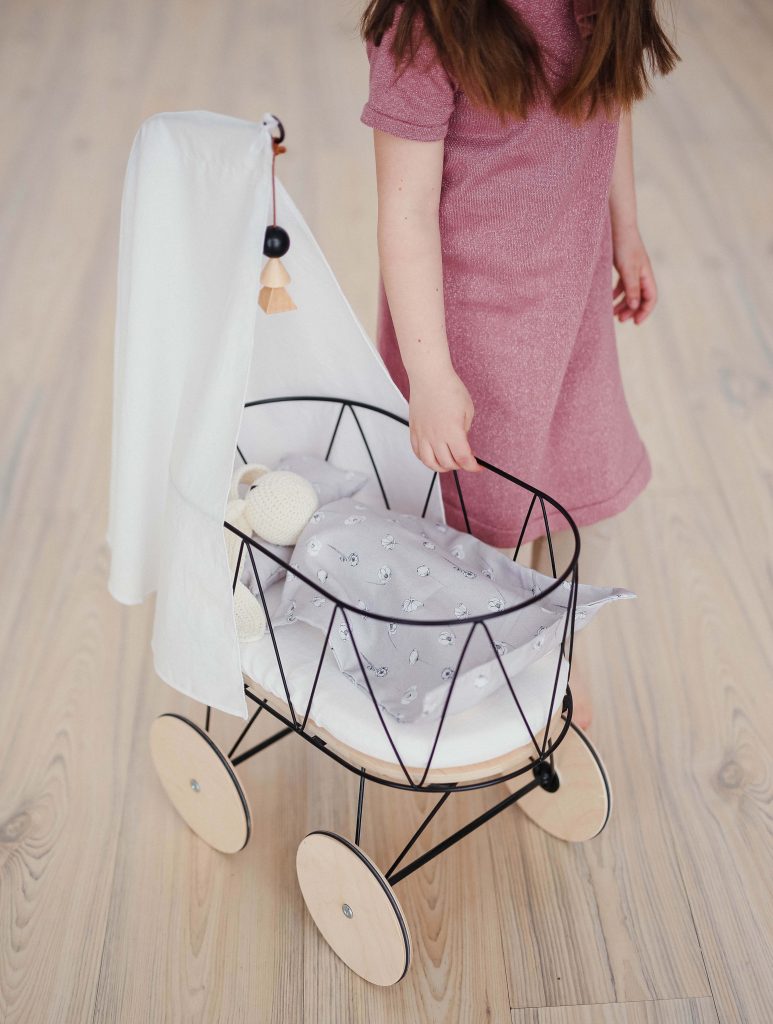
In role play, children take on different roles and assign various roles to other children or to inanimate objects. They imitate persons or animals that are close to them, persons that have attracted their interest or upset them in some way, but add some imaginary elements to them.
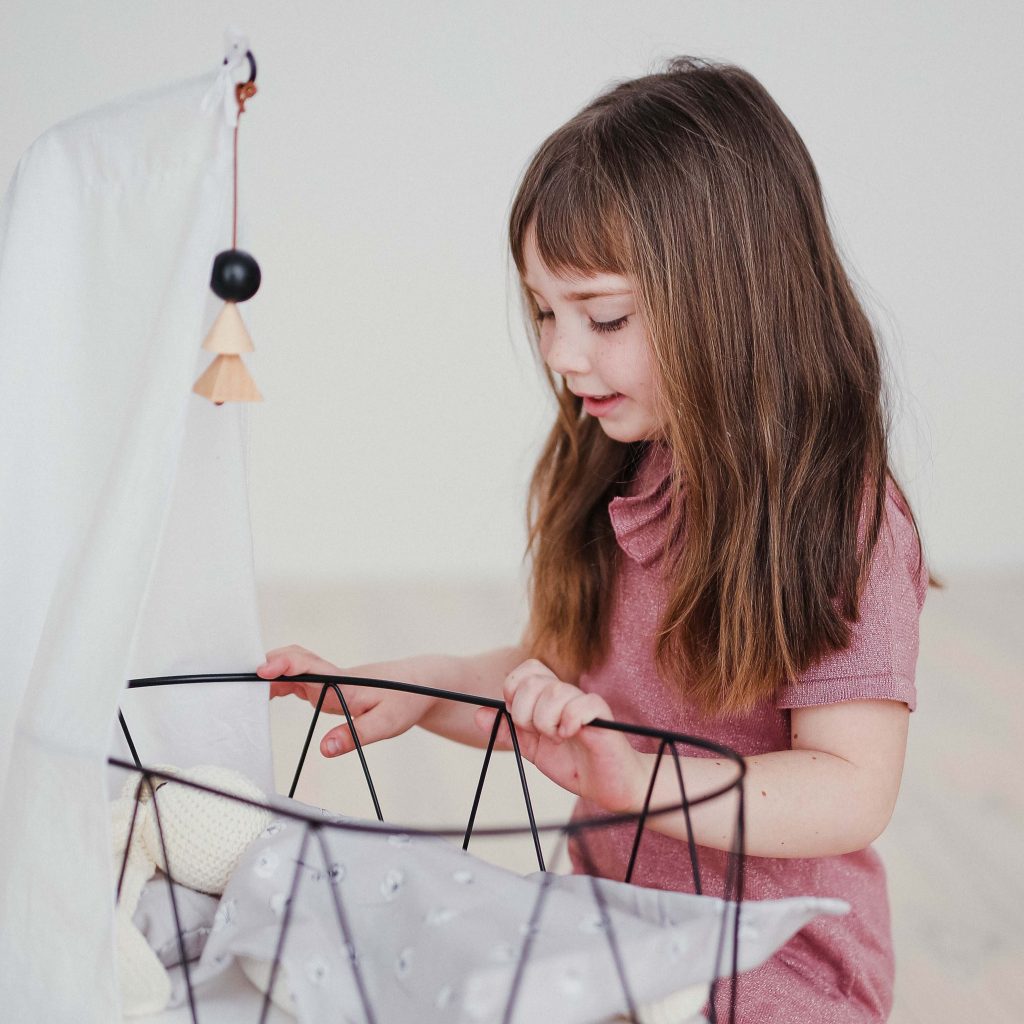
Children bring into their play their negative as well as their positive emotions. Their emotional engagement is very high. Role play enables them to practice and learn different ways of expressing their emotions, of controlling their negative emotions and finding more acceptable ways of expressing them.
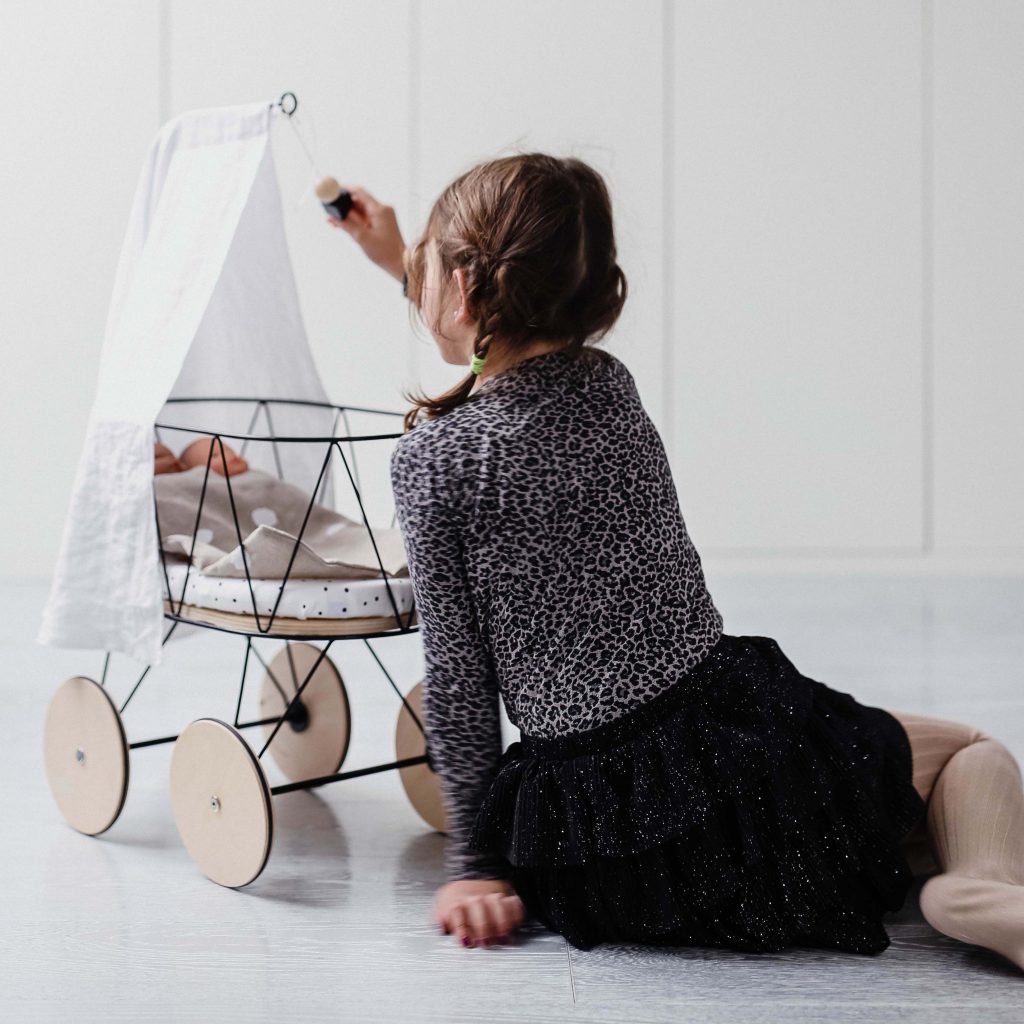
Playing with dolls is a type of role play that has been shown to help children develop social processing skills, such as empathy. It is a play in which children are able to model what they have seen or experienced.
Because they are great imitators, we should give them something great to imitate.


